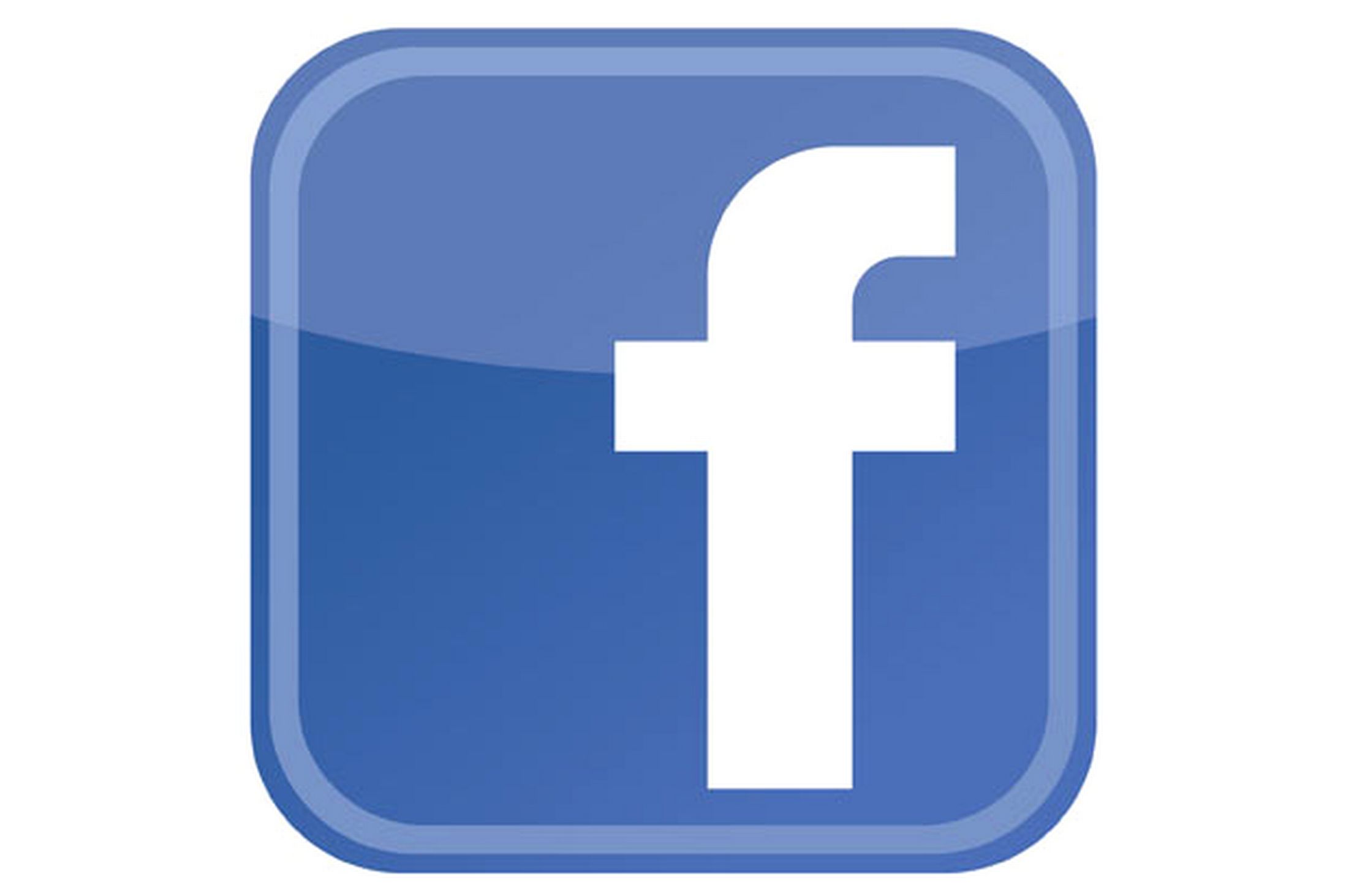
Facebook’s growth seems to grinding to a halt in current markets, according to recent reports. Its popularity with teenagers is on the decline, and Facebook’s eagerness to co-operate with governments, and then lie about that, seems to suggest that Facebook’s future might not be as vibrant as its growth in the past.
An article in the Guardian in April reported that the U.S. market alone has lost 6 million users, and that the drop in users is sustained from previous quarterly drops. Similar trends have been documented in Japan, the U.K., and much of Europe. On the other hand, Facebook is growing in Latin America and India. It remains to be seen if these trends repeat in the second fiscal quarter.
However, the user decline is not the only suggestion that Facebook might be on the decline; user discontent also seems to be a problem. A May 2013 Pew Internet report on social media use among teenagers reported that teenagers “expressed waning enthusiasm” toward Facebook. They seem to be sick of the growing adult population on the site, friends sharing “inane” details, “drained” by drama, as well as the need to manage their social reputation on Facebook.
Facebook is starting to become a chore rather than a pleasurable activity, in other words.
Users of other social media sites have greater enthusiasm for the social media they use, according to the report.
These teenagers, particularly minorities, seem to be weary of what they share, which ultimately affects advertisers and other data mining on these sites:
- 70% of girls have a private profile that is only accessible for friends.
- 58% of Facebook teens are cloaking their messages in some way, or using inside jokes.
- 28% of teens post false information to protect their identity.
- This trend is much higher among African-American teens than white teens, with 39% of African-Americans providing a fake age. Name, or location for their profile. Only 21% of whites do this.
The big kicker here is that younger teens (12-13) are “considerably” more likely than older teens to be “very concerned” about third party access to information they share (17% versus 6%).
A lot of this concern can be a problem for Facebook. A weariness toward sharing information, as well as an acceptance toward providing fake information can hamper or render all of those user-targeted advertisements moot.
It’s also a sign that people simply don’t trust Facebook with their information. This seems to be proving true around the world. The recent PRISM debacle had Facebook initially deny its cooperation with the government, followed by going back on that statement.
It will be interesting moving forward to see how Facebook’s user base responds to the PRISM incident, and how Facebook reinvents itself to keep users, or attract younger ones.

